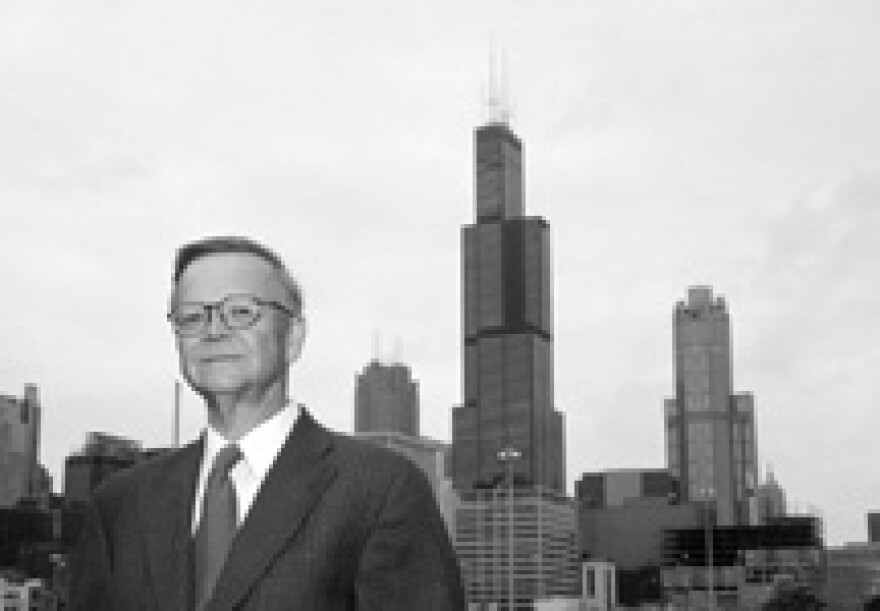Chicago's Mayor Richard M. Daley faced no problems as he wrapped up his 12th full year in office last April. And that could be a problem.
While comparisons might seem unfair, they're sometimes fun, and this may be a good time to take a closer look at where Daley stands in his apparent Mayoralty For Life ? in comparison, of course, to where his father, Mayor Richard J. Daley, stood 12 years into what would become his 21-year reign at City Hall.
Simply put, Daley The First faced plenty of problems.
Elected in 1955 as a relatively obscure and undistinguished Democratic machine cog, the senior Daley, who was eventually to be known as Boss, was by 1967 in control of his government and his political party. That is not to say he had total control, in spite of what historians and even most Chicagoans might have thought at the time. Oh, he was in no real political peril, but this was the late '60s, and things were far from perfect in Chicago. The Rev. Dr. Martin Luther King Jr. had set up shop in the city he described as the most segregated in the North. There were regular demonstrations in the streets, some turning violent, and Daley's police department had acquired a reputation for brutish intolerance and unbridled enthusiasm in stifling dissent.
Along the city's North Side lakefront (joined by a little pocket of land in the South Side's Hyde Park community), a small but smart ? and loud ? group of independent aldermen known as the Lakefront Liberals were raising hell ? and taking it to the floor of the City Council. And over at the Chicago Daily News, a smart-aleck young reporter named Mike Royko was starting to draw laughs and attention with his acerbic observations about Daley's dictatorial style and unstylish diction.
The next year was 1968, that watershed year when the Democratic National Convention erupted, the city's streets were turned into an extension of the battlefields in Vietnam, and Daley, chin outthrust, became a national symbol. For some, he stood for all that was bad with American cities; for others, he was everything that was right. In any event, he came through the fire. His friends, both old and new, rallied behind him, and over the next eight years, he cemented his image and died a political legend.
Jump forward to 2001.
Daley the Son has once again moved a nearly $5 billion city budget through the Council by a unanimous vote, a feat even his supposedly omnipotent father never accomplished. The Lakefront Liberal bloc has faded, and those wards are now represented by sure-thing votes, as are the increasing number of black and Hispanic wards.
The city streets are relatively quiet these days. The only major disturbances in recent years have followed Chicago Bulls championship victories, and it seems even that threat has disappeared for a long, long time. The crime rate, including murder, is down. Schools, while still troublesome, seem to be improving.
And media critics lack Royko's surgical approach, and, thus, much of his impact. Royko could use the word "Boss" in a way that made it sound like an insult without it actually being one.
Young Mayor Daley, it would seem, has it made. In recent elections, he has barely roused himself to campaign against hapless opponents who step up to sacrifice themselves. He even managed to dispose of the political cast of city government by making the mayor's election nonpartisan. And he and Republican Gov. George Ryan seem to be getting along just fine.
So why might this be a problem? Again simply put: If there's no fire, there's no trial. Daley hasn't developed a rapt army of loyalists because a king who isn't under attack doesn't need soldiers. On the other hand, a king without an army is most likely to be a king under attack when enemies sense vulnerability.
Daley's problem, such as it is, is to find some opposition, just so he can hone his defenses.
Some problem.
Robert Davis, a lecturer at the University of Illinois at Chicago, covered Chicago politics for the Chicago Tribune for more than 30 years.





